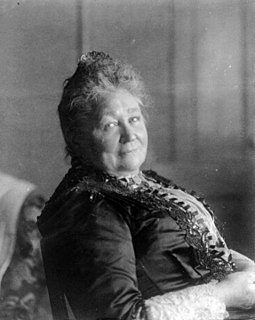Цитата Ральфа Флетчера
Г. К. Честертон однажды сказал: Если что-то стоит делать, то стоит делать это плохо. Я живу этой философией, когда преподаю письмо. Мне кажется, гораздо важнее, чтобы ученик пробовал новую технику в своем письме и использовал ее несовершенно, чем никогда не пробовал эту технику вообще.
Связанные цитаты
Я думаю, что люди действительно ожидают, что писатели говорят правду, как никто другой, ни политики, ни министры, ни социологи. Работа писателя состоит в том, чтобы посредством вымысла каким-то образом описать то, как мы живем. И мне это кажется важной задачей, очень достойной выполнения, и я думаю также, что и читающей публике, хотя они могут и не сформулировать это, им тоже кажется чем-то стоящим.
Перфекционизм не верит в тренировочные выстрелы. Он не верит в улучшение. Перфекционисты никогда не слышали, что все, что стоит делать, стоит того, чтобы делать это плохо, и что если мы позволяем себе делать что-то плохо, то со временем можем стать в этом весьма хороши. Перфекционизм сравнивает работу нашего новичка с готовой работой мастеров. Перфекционизм процветает в сравнении и конкуренции. Он не знает, как сказать: «Хорошая попытка» или «Хорошо сделанная работа». Критик не верит в творческое ликование — да и вообще в ликование, если уж на то пошло. Нет, перфекционизм — это серьезно.
Я считаю, что секрет по-настоящему успешных людей в том, что они очень рано научились не быть занятыми. Они поняли пословицу, которую мне так часто повторяли в детстве, что все, что стоит делать, стоит делать хорошо. Правда в том, что многие вещи стоит делать только самым неряшливым и половинчатым образом, а многие другие вообще не стоят того.




































